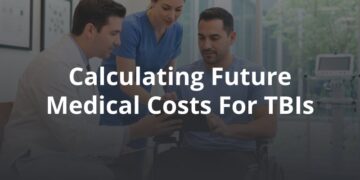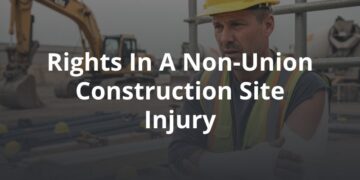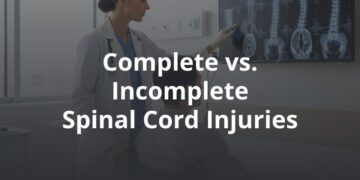After a motor vehicle collision, you will likely have to work with an insurance adjuster at some point – either from your own insurance company or the insurer of another driver. During these interactions, it’s important that you are careful about what you say.
Despite the heartwarming ads that feature insurance companies as caring advocates who help after you are harmed, they are for-profit companies. They make billions of dollars by bringing in more money in premiums each month than they pay out in claims. They have a vested interest in minimizing, delaying, or denying as many claims as possible.
The primary responsibility of the insurance adjuster that you speak with is not to ensure that you get a fair settlement, but to save the insurance company money. Remember these things when dealing with the insurance company.
What Not to Say to Insurance Adjusters
What you say to an insurance adjuster after an accident can have a dramatic impact on your case. If you say the wrong thing, you could lower the value of your claim or provide justification for the insurance company to deny your claim entirely. Here are a few things you should not say to insurance adjusters:
It Was My Fault
Anything you say to an insurance adjuster that can be interpreted as an admission of fault can be used against you. Even simple statements like “I’m sorry,” “I didn’t see the other driver,” or “I shouldn’t have…” could be seen as an admission of fault and a justification to deny all or part of your claim.
Even if you think you might have done something wrong, you probably don’t know every factor that could have contributed to the accident, such as the other driver being drunk or distracted or a mechanical defect affecting the vehicle’s reaction. It’s usually better to avoid admitting fault or theorizing about how the crash occurred. Just stick to the facts.
I’m Fine
This seemingly innocent statement is often used to minimize your injuries. You might say “I’m fine” simply to be polite after the insurance adjuster asks how you are doing. However, taken out of context, the insurance adjuster could say that this statement means that your injuries are not serious. You can avoid this mistake by simply not discussing your injuries and referring the insurance adjuster to your lawyer.
Yes. I Will Sign a Medical Release Form
It might seem like an insurance adjuster is being helpful by offering to obtain copies of your medical records to “expedite your claim,” but this tactic is usually used against claimants. Insurance adjusters may try to obtain old medical records to try to blame your injuries on some old injury you suffered. It is usually preferable for you to only share your medical records with your lawyer who can then strategically provide them, as necessary, to the insurance company.
Yes. I Will Give a Recorded Statement
A common tactic insurance companies use is to say that it is necessary for claimants to give a recorded statement before their claim can be processed. However, this tactic is used by insurance adjusters who want to try to get the claimant on record saying something that could harm their claim. Remember that insurance adjusters are experienced at tricking claimants and minimizing the value of claims.
You can refer the insurance company to your lawyer so you can avoid saying anything that could harm the case.
Let An Experienced Attorney Protect your Rights
You don’t have to deal with insurance companies on your own. At FVF Law, an experienced Austin personal injury attorney can communicate with the insurance company on your behalf while you focus on your recovery. Contact us for a free case review by calling (512) 982-9328.







